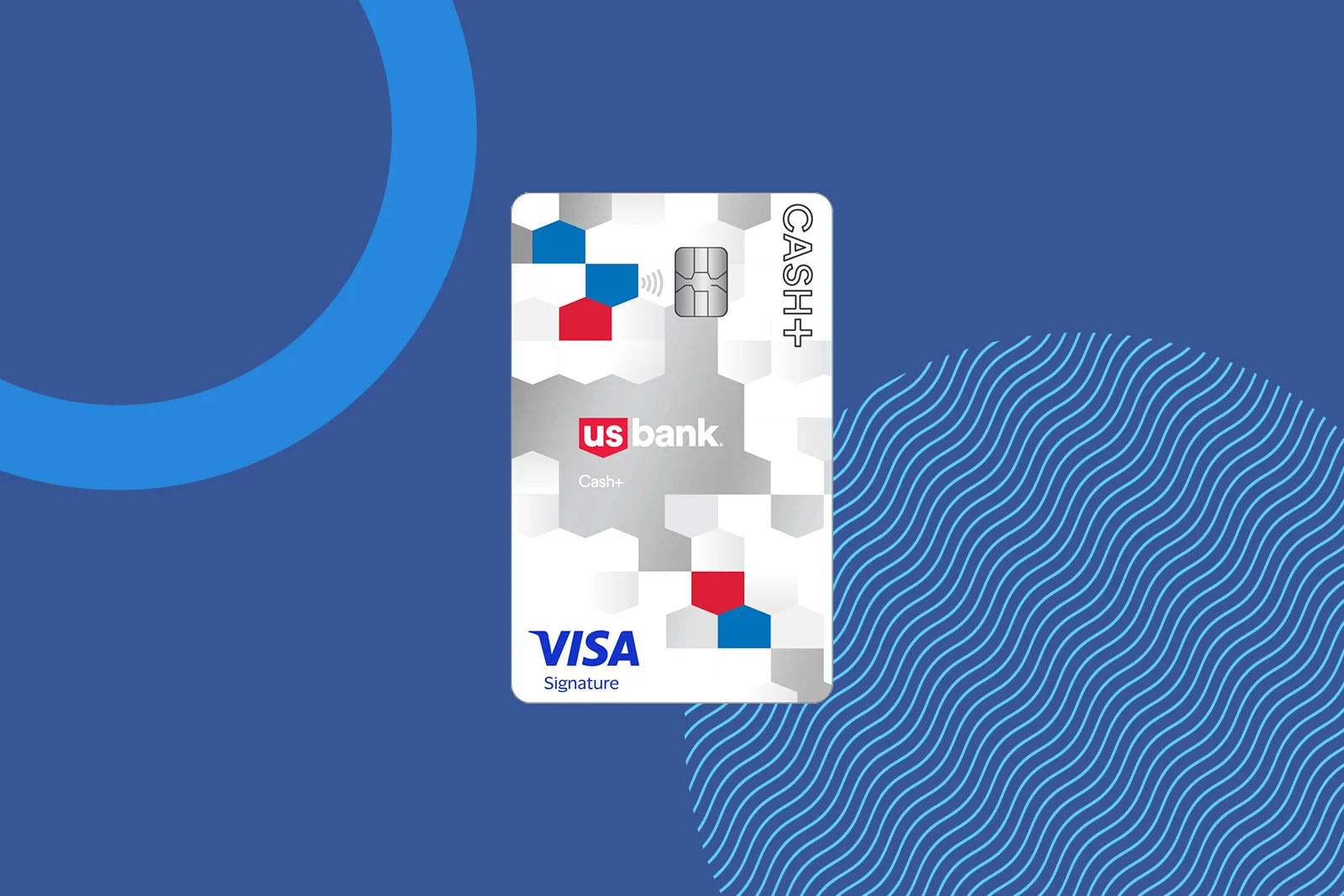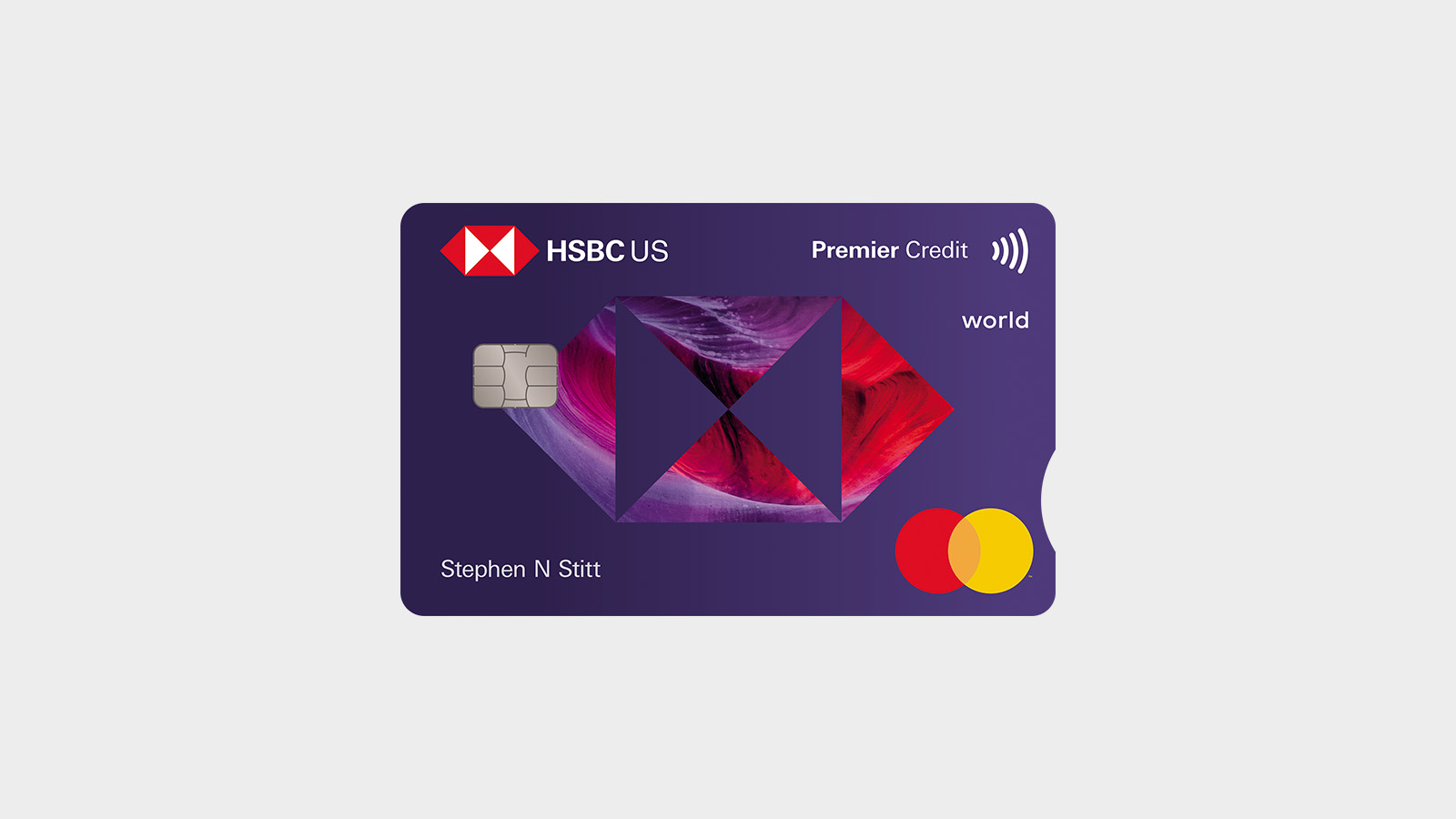The Pros and Cons of Using Credit Cards for Building Personal Credit

The Financial Power of Credit Cards
Credit cards can be a transformative element in one’s financial portfolio. When utilized correctly, they not only provide convenience but also unlock various opportunities that can substantially enhance your personal credit score. This score plays a critical role in determining your eligibility for loans, mortgages, and even rental agreements. Conversely, a lack of knowledge or impulsive behavior can lead to spiraling debt, turning these seemingly magical plastic cards into burdensome liabilities.
Key Benefits of Credit Cards
Using credit cards responsibly can yield several advantages, acting as a tool for building a solid financial future.
- Credit Score Improvement: Every time you make on-time payments and maintain a low credit utilization ratio—ideally below 30%—your credit score can improve. This score is crucial in securing lower interest rates on loans in the future. A high credit score can potentially save you thousands of dollars over a lifetime.
- Rewards Programs: Many credit cards come equipped with enticing rewards programs. For instance, cards may offer cash back on everyday purchases or travel points that can be redeemed for flights and hotel stays. A card with 2% cash back on groceries and gas can quickly accumulate savings if you are a frequent shopper, allowing you to get more value out of your expenses.
- Emergency Funds: In unexpected situations—such as car repairs or medical emergencies—credit cards can act as a financial safety net, offering immediate access to funds when you need them most. This can help you navigate sudden expenses without diminishing your savings.
Potential Downsides of Credit Card Use
However, along with the perks come noteworthy risks that can have severe consequences if not managed appropriately.
- High-Interest Rates: One of the major drawbacks of credit cards is their high-interest rates, often exceeding 20%. If you fail to pay off your balance each month, you may end up paying significantly more for your purchases over time. For example, a $1,000 balance could balloon into nearly $1,300 in a year due to interest if only the minimum payment is made.
- Debt Accumulation: Credit cards can encourage impulsive spending, leading to debt accumulation. The ease of swiping a card can cloud judgment, prompting consumers to spend beyond their means. Many Americans struggle with credit card debt; according to recent reports, over 40% of cardholders carry a balance from month to month, leading to financial strain.
- Impact on Credit Score: Missed or late payments can dramatically impact your credit score. Just one missed payment can lower your score by as much as 100 points, making it essential to keep track of due dates and make timely payments.
Conclusion
Understanding how to effectively navigate the world of credit cards is crucial for anyone looking to secure their financial future. In the United States, where credit history significantly impacts various aspects of life—from buying a home to securing a job—making informed decisions about credit card usage can lead to financial freedom or debilitating debt. By carefully considering both the pros and cons, you can make the most out of your credit card experience and utilize it as a powerful asset in your quest for financial stability.
DIVE DEEPER: Click here to discover more
Weighing the Benefits and Risks of Credit Card Usage
As we delve deeper into the realm of credit cards, it’s essential to analyze not just the benefits but also the potential hazards these financial tools may present. Every swipe of a credit card can either lead you toward a path of robust financial health or entangle you in a web of daunting debt. Understanding this duality can empower individuals to make informed choices that align with their financial goals.
Building a Positive Credit History
One of the most compelling arguments for using credit cards is their ability to build a positive credit history. Here’s how responsible credit card use can enhance your financial standing:
- Establishing Credit History: A strong credit history is crucial for any major financial endeavor, from buying a car to securing a mortgage. By obtaining a credit card and consistently making payments on time, you begin to construct a positive credit history that lenders can review. According to credit scoring models, about 15% of your score is based on the length of your credit history—so longer-term use of a credit card can be an asset.
- Diverse Credit Mix: Credit reporting agencies favor borrowers with a diverse mix of credit types, including installment loans and revolving credit such as credit cards. By successfully managing a credit card alongside other debts, you can bolster your credit profile and potentially increase your score. This aspect of credit management accounts for about 10% of your overall credit score.
- Credit Limit Increases: Many credit card companies offer periodic reviews of your account, and a good payment history may qualify you for higher credit limits. Increased limits can not only help you manage your spending better but also lower your overall credit utilization ratio, which makes up 30% of your credit score calculation. The lower your utilization, the more beneficial it is to your credit score.
The Potential Pitfalls in Credit Card Management
While the prospects of improving your credit score through credit cards are enticing, one must remain vigilant to avoid the pitfalls that can negate these benefits. Here are several significant considerations to keep in mind:
- Annual Fees and Hidden Costs: Some premium credit cards offer enticing rewards but come with hefty annual fees. If these fees outweigh the rewards you earn, you may find yourself at a financial disadvantage. It’s important to evaluate if the card’s perks justify the costs involved, especially if you’re working on building your credit.
- Risk of Overextending: Credit cards can foster a false sense of financial security, leading to spending habits that may exceed your actual financial capacity. Many individuals, enticed by the ease of credit, find themselves accumulating balances they struggle to pay off. Data shows that the average American household carries over $6,000 in credit card debt, an alarming scenario that underscores the necessity of prudent spending.
- Credit Score Consequences: Credit card usage requires disciplined management. This means being vigilant about payment dates and minimizing reliance on credit. Even a single late payment can significantly damage your credit score, leading to higher interest rates on future loans and making it harder to secure credit in the future.
In navigating the pros and cons of credit cards, informed decision-making is paramount. Armed with knowledge and awareness, individuals can strategically utilize credit cards as an ally in their journey toward building a strong personal credit profile while dodging the potential landmines along the way.
DISCOVER MORE: Click here for valuable insights
Understanding the Financial Echo of Credit Card Use
Diving further into the complexities of credit card usage reveals nuances that can dramatically influence personal finance and credit building. While credit cards can act as powerful instruments in establishing financial credibility, there are additional factors and strategies to consider that could optimize their benefits and minimize their risks.
Rewarding Credit Card Programs
One intriguing aspect of credit card usage is the variety of reward programs designed to incentivize responsible spending. Many credit cards offer rewards in the form of cashback, points, or travel miles, providing not just a financial tool but also a means to generate additional value. Here’s a closer look at these rewards:
- Cashback Offers: A significant number of credit cards provide cashback incentives on certain types of purchases, such as groceries or gas. For instance, cards may offer 1.5% to 5% back on specific categories, effectively turning everyday spending into a form of savings. This can contribute positively to one’s financial picture, as long as spending does not exceed budgeted limits.
- Travel Benefits: For avid travelers, many cards offer travel rewards that can be redeemed for flights, hotel stays, and more. Programs such as point accumulation through airlines can lead to significant savings. However, it is crucial to ensure that these perks align with actual travel habits and needs.
- Bonus Offers: New cardholders can often take advantage of lucrative sign-up bonuses, which can amount to substantial sums after meeting spending thresholds in the first few months. These bonuses can enhance the card’s value, but consumers should analyze the requirements to ensure they are achievable without incurring debt.
The Importance of Financial Literacy
Further enhancing the responsible use of credit cards is the concept of financial literacy. Today, an increasing emphasis is being placed on understanding credit and personal finance. For instance, according to the National Endowment for Financial Education, only 24% of millennials demonstrated basic financial literacy. Arming oneself with knowledge about interest rates, credit utilization, and effective budgeting is vital in navigating the credit card landscape:
- Interest Rates Insight: Understanding how interest rates work can save cardholders from falling into debt traps. Holding a balance on a high-interest credit card can lead to accumulating interest that outweighs any potential rewards. A recent report indicated that the average credit card interest rate hovers around 16%—a significant cost for carrying debt.
- Utilization and Management: Many experts recommend keeping credit utilization below 30% of the total credit limit to maintain a healthy credit score. Regularly monitoring expenditures can help prevent unintentional overspending that might impact credit utilization negatively.
- Setting a Budget: Creating a realistic budget can help avoid debt and undue stress. By allocating specific amounts for discretionary spending on credit cards, consumers can enjoy the benefits of credit without overcommitting financially.
As individuals navigate the world of credit cards, the merging of reward opportunities with sound financial education equips them to leverage these tools effectively. The potential for rewards and positive credit history building exists, yet it warrants a judicious approach. A deeper understanding—and implementation—of credit management best practices can substantially enhance the experience of using credit cards while mitigating potential risks.
DISCOVER MORE: Click here to learn about the benefits of nature on mental health</p
Final Thoughts on Credit Card Usage
In conclusion, the journey of using credit cards for building personal credit is a multifaceted one, rife with both advantages and disadvantages. On the positive side, consistently using credit cards for purchases can lead to significant credit score improvements, enhanced financial opportunities, and the potential for valuable rewards. When used wisely, credit cards can serve as a bridge to a healthier financial future, offering tools such as cashback incentives, travel rewards, and bonus offers that add considerable value.
However, it is essential to navigate this landscape with caution. The risks associated with high-interest rates and the pitfalls of overspending can quickly turn what is meant to be a beneficial financial tool into a source of financial strain. As highlighted, financial literacy plays a pivotal role in mastering credit card usage. Understanding interest rates, maintaining a healthy credit utilization ratio, and establishing sound budgeting practices are necessary for avoiding the common traps that lead to debt accumulation.
Ultimately, the effectiveness of credit cards in building personal credit hinges on the user’s ability to balance rewards with responsible practices. By approaching credit card use as a strategic opportunity—a chance to enhance purchasing power while reinforcing financial habits—individuals can unlock their potential while fostering a robust credit profile. It invites readers to delve deeper into personal finance education resources, paving the way for informed decisions and a secure financial future.


